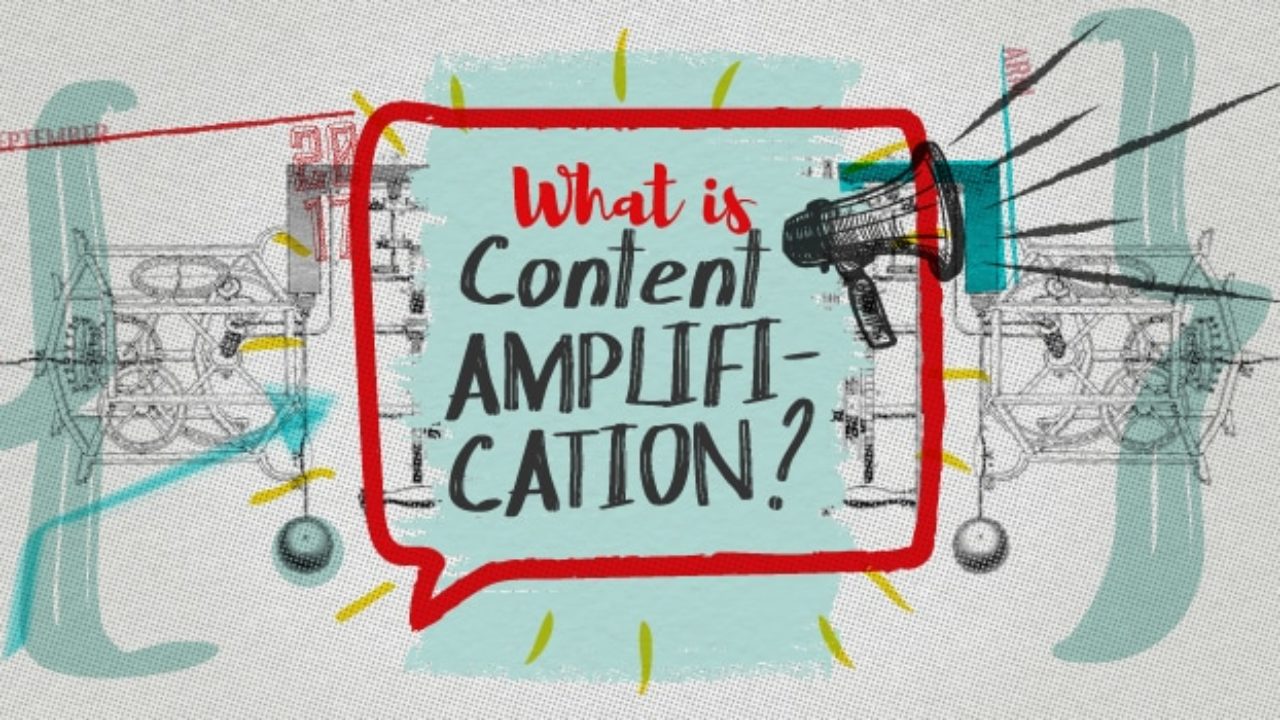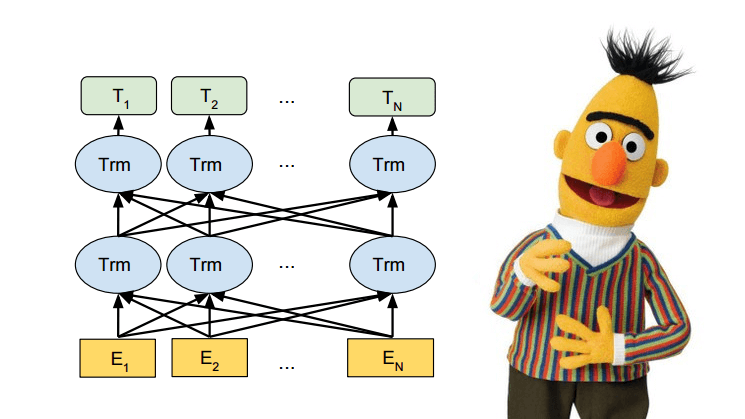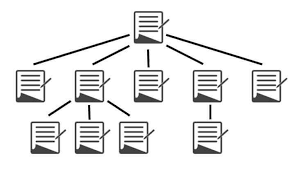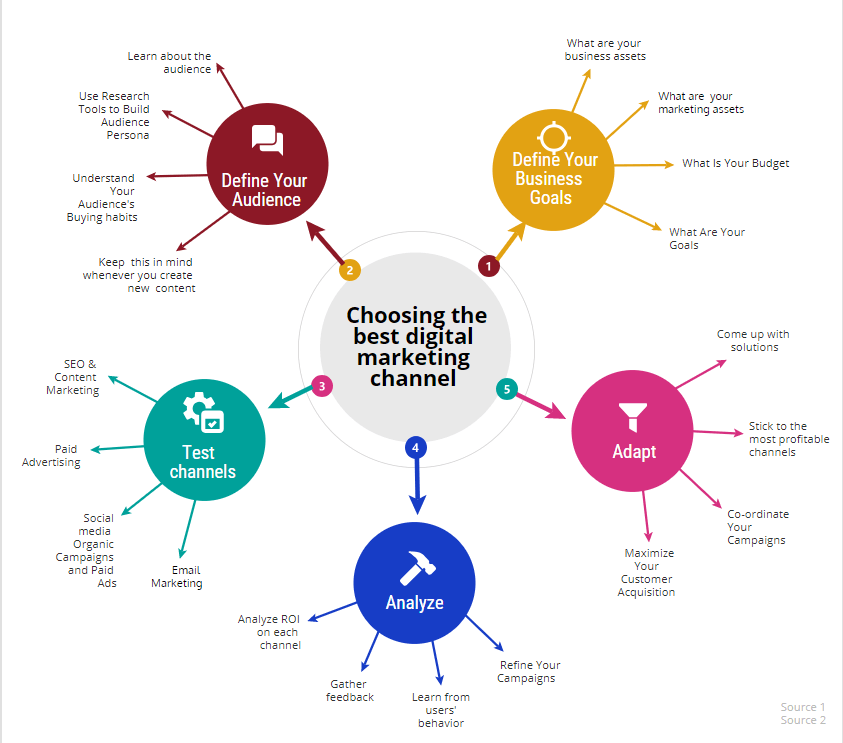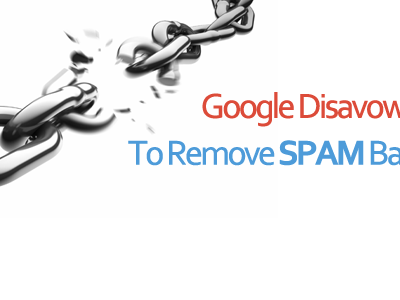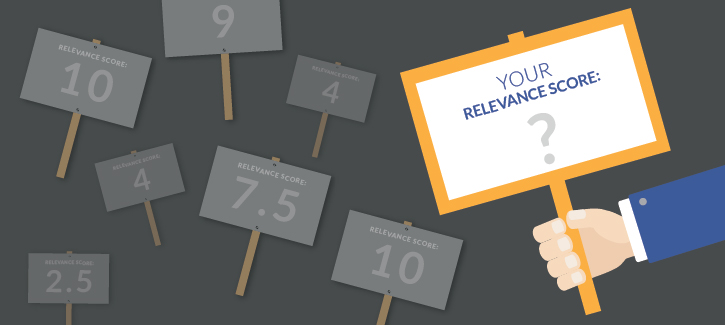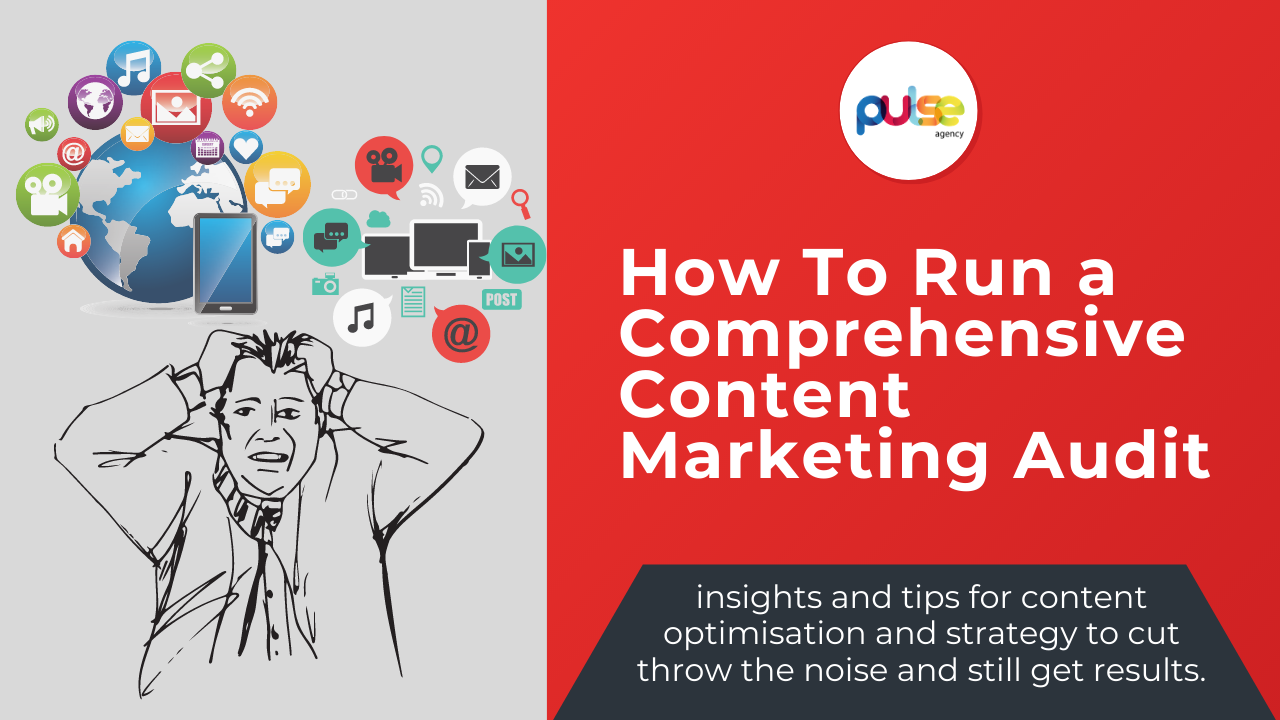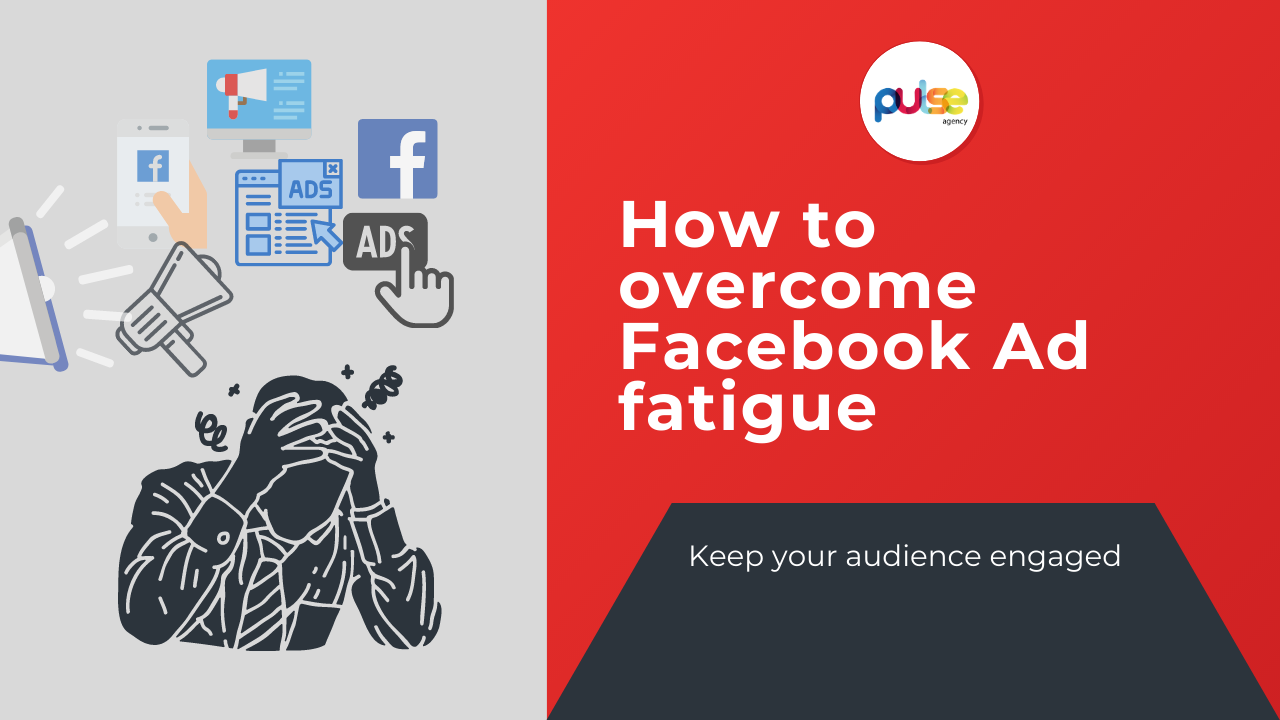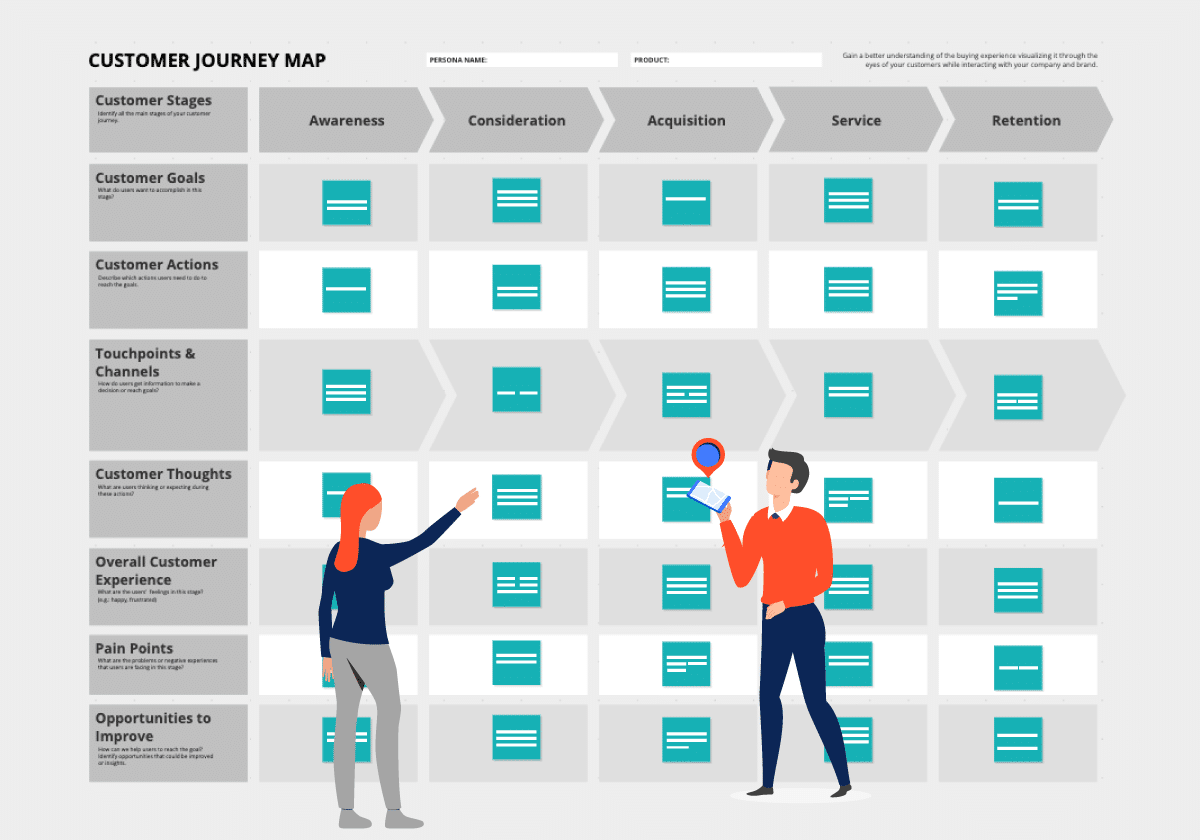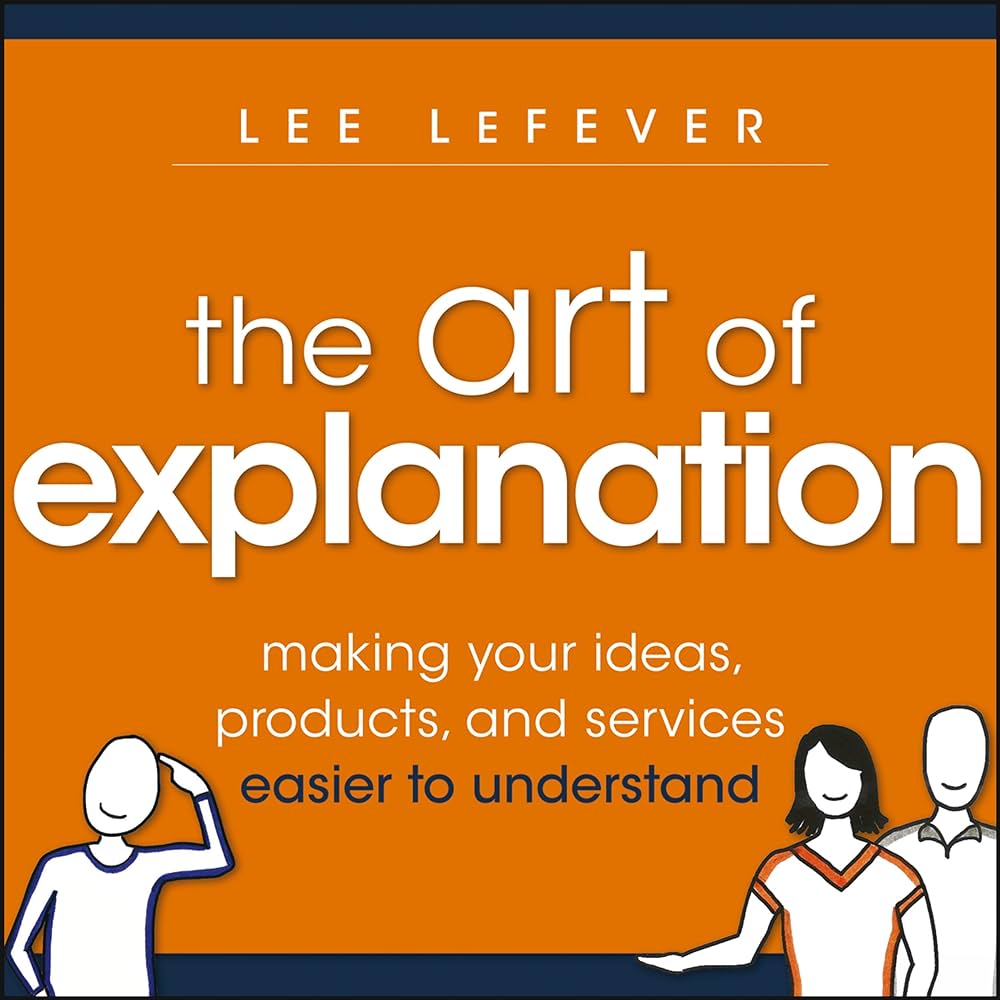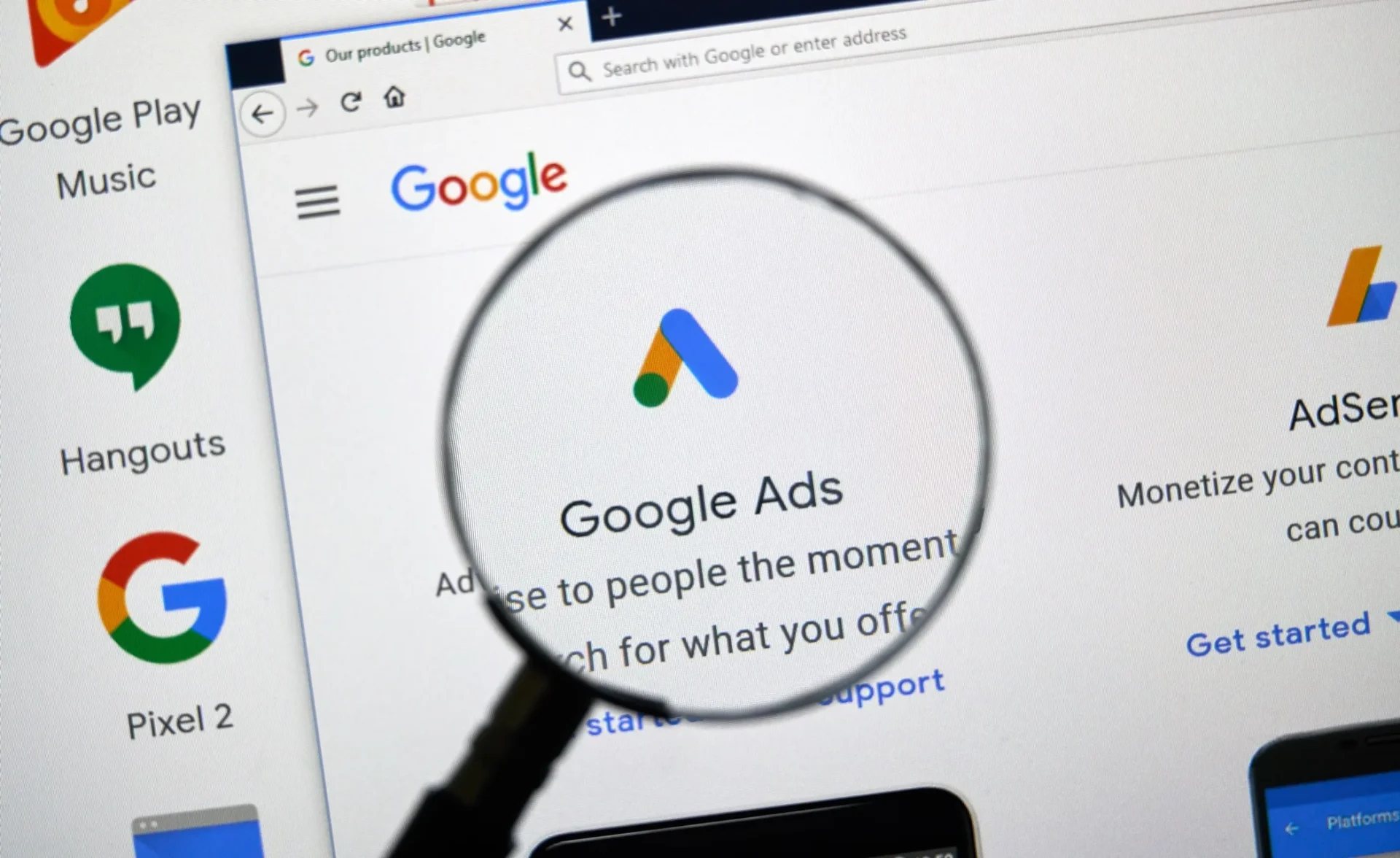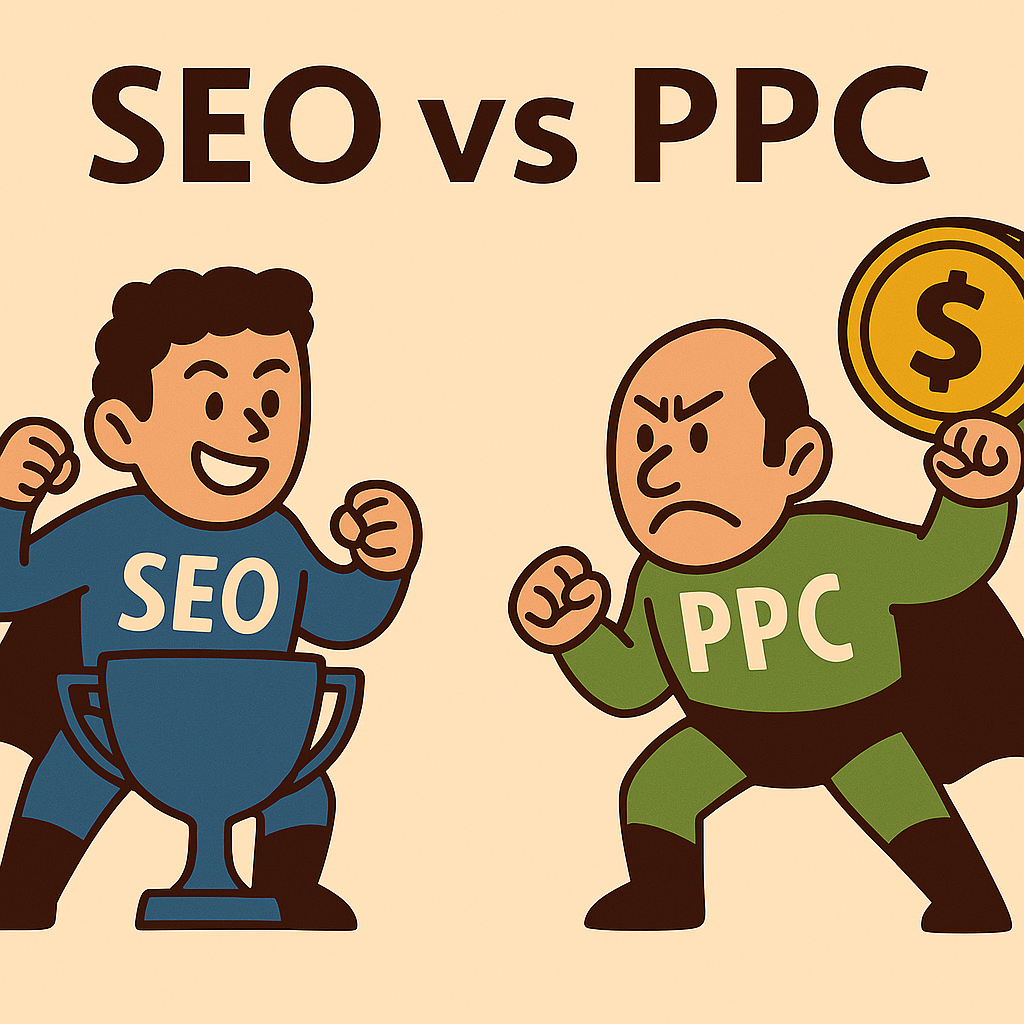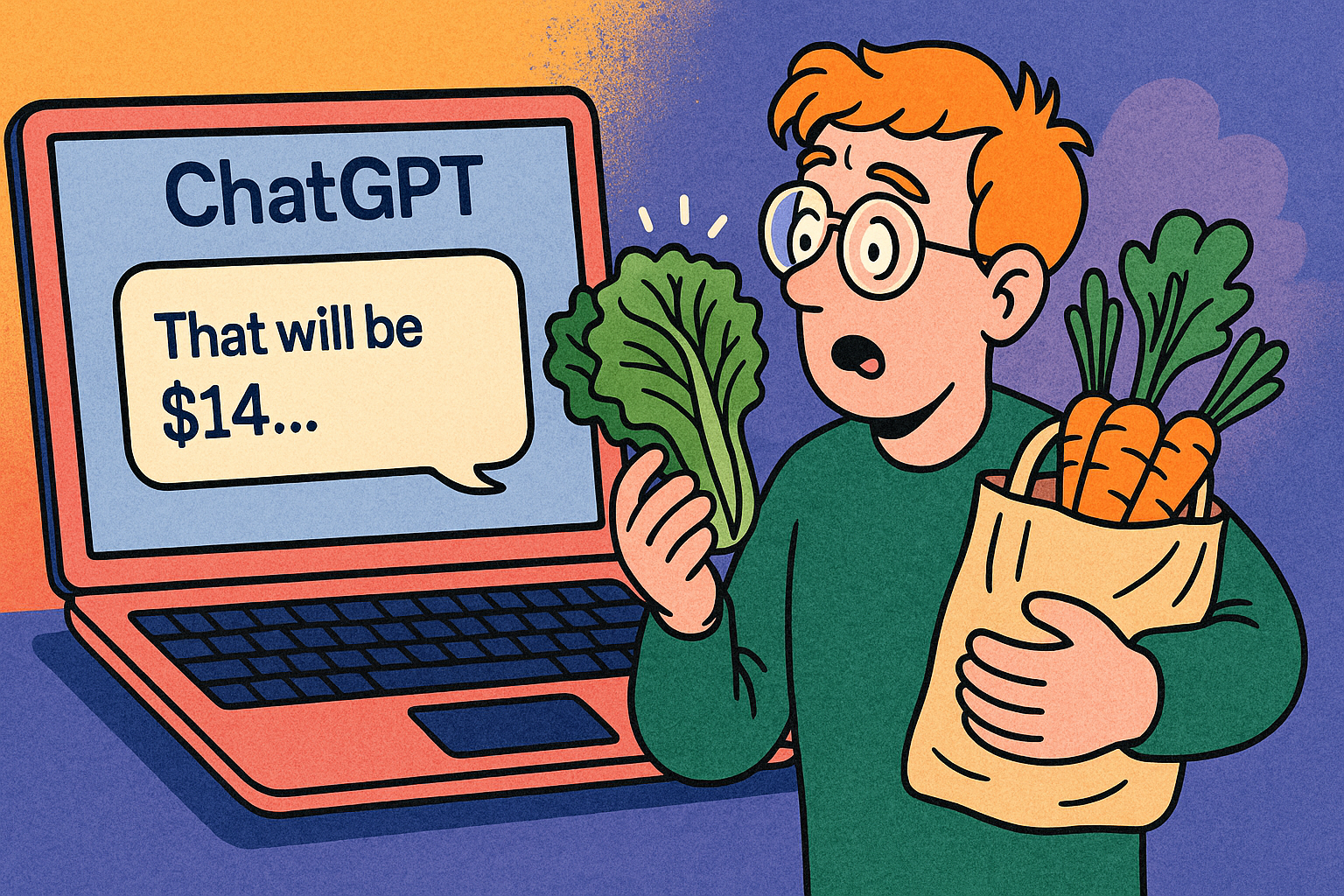
Small business, big AI: Why it’s your time to shine
Just a few years ago, I wouldn’t have recommended AI marketing to a small business owner. The tools were expensive, complicated, and designed for corporations with enormous budgets. But recently, something remarkable happened: tools like Chatgpt, Perplexity, Gemini, and other affordable platforms appeared. Suddenly, the playing field shifted dramatically. Small businesses can now easily afford—and […]
Just a few years ago, I wouldn’t have recommended AI marketing to a small business owner.
The tools were expensive, complicated, and designed for corporations with enormous budgets. But recently, something remarkable happened: tools like Chatgpt, Perplexity, Gemini, and other affordable platforms appeared.
Suddenly, the playing field shifted dramatically. Small businesses can now easily afford—and effectively use—AI marketing. If you’re still holding out, you’re missing a big opportunity.
Table of Contents
Why AI marketing is no longer just for big companies
I’ve heard the objections:
“AI marketing is too expensive” or “AI tools are too complicated.” But that’s not true anymore. Today’s AI marketing solutions are not only affordable—they’re specifically designed with small businesses in mind. It’s less about having deep pockets and more about being agile and strategic.
Here’s something to consider:
- Salesforce’s 2024 report found that 67% of marketing leaders believe AI dramatically enhances their understanding of customer needs.
- AI now helps smaller businesses compete head-to-head with larger companies by leveraging data-driven strategies once only accessible to industry giants.
- Entry costs have dropped significantly, meaning even modest investments can deliver impressive returns.
“Marketing is no longer about the stuff you make, but about the stories you tell.” — Seth Godin
Being an early adopter puts you ahead of the curve. If you integrate AI strategically today, you’ll have an advantage over competitors who hesitate.
How AI marketing practically boosts your business
Think of AI as your newest marketing hire—always available, tirelessly handling repetitive tasks, personalising customer interactions, and revealing insights you’ve probably overlooked. For instance, AI excels at:
- Creating engaging, SEO-optimised content quickly.
- Pinpointing ideal social media posting times.
- Automating personalised email campaigns tailored to customer preferences.
- Refining targeted advertising for greater effectiveness.
- Constantly interpreting customer feedback to boost performance.
Picture owning a small café: AI identifies your customers’ favourite products and automatically sends tailored promotions. The result? Happier customers, increased loyalty, and greater repeat visits—all without hiring extra staff.
Previously, this type of marketing power required an extensive marketing team. Now, it’s within reach for small businesses.
When AI marketing truly shines
In my experience, AI marketing works particularly well if:
- You want to scale your business without significantly growing your team.
- You require precise targeting without a huge upfront investment.
- You’re chasing insights previously limited to bigger businesses.
- Your market demands rapid responsiveness and adaptability.
Let’s look at real-life examples:
- A gym in Sydney implemented AI-powered chatbots, achieving a 30% jump in memberships by instantly handling customer inquiries.
- An online fashion retailer boosted retention by 25% through AI-driven personalised recommendations.
- A local Melbourne restaurant used targeted AI email marketing and increased weekday bookings by 40%.
Industries like retail, hospitality, fitness, and professional services benefit tremendously, especially when personalised engagement directly impacts customer loyalty.
Common mistakes with AI marketing (and how to avoid them)
While I advocate strongly for AI, I also caution against common pitfalls:
- Using AI without clear, measurable goals.
- Over-automating to the point of losing personal touch.
- Ignoring data quality can reduce the effectiveness of AI.
- Choosing overly complex tools that outstrip your needs.
I remember a retailer who initially overspent on an overly complex AI recommendation system. The solution? They simplified their strategy, clearly defined goals, and soon saw impressive results.
Avoiding these mistakes ensures you use AI effectively, aligning your marketing strategy clearly with your business objectives.
“Good content isn’t about good storytelling. It’s about telling a true story well.” — Ann Handley
Emerging trends in AI marketing that are worth watching
AI is evolving rapidly, and several new trends excite me:
- Predictive analytics: Anticipating customer behaviours and market trends, enabling more intelligent decision-making.
- Advanced conversational AI: Next-level chatbots capable of genuine, human-like customer interactions.
- Augmented reality (AR): AI-driven AR experiences that deeply engage customers, perfect for retail and hospitality.
Staying ahead of these trends keeps your business fresh and competitive.
How AI enhances customer experience
AI is a customer experience game-changer, delivering hyper-personalised interactions and instant responses. Smart AI chatbots, for instance, resolve customer issues around the clock, significantly enhancing customer satisfaction. Personalised recommendations continuously engage customers, strengthening long-term relationships.
Comparing AI tools for small businesses
Quick snapshot of my favourite AI tools:
- Chatgpt: Ideal for quickly generating content and brainstorming.
- Perplexity: Great for accurate, data-driven content and real-time insights.
- Gemini: Google’s powerful tool for sophisticated conversational marketing.
Choosing the right tools aligned with your business goals ensures you get maximum ROI.

Ethics and privacy: keeping AI responsible
Responsible AI integration is crucial, particularly in terms of customer data privacy. Adhering strictly to Australian regulations like the Privacy Act builds trust and protects your brand.
Steps to practically prepare for AI marketing
Here’s how you can practically introduce AI into your business:
- Set clear goals: Target specific marketing outcomes such as improved conversions or enhanced segmentation.
- Select user-friendly tools: Start with intuitive tools like Semrush or ChatGPT.
- Educate your team: Provide resources and training for effectively managing and interpreting AI data.
- Ensure data compliance: Maintain strict adherence to data privacy standards.
- Test and scale wisely: Begin with small AI-driven projects, measure results, and expand intelligently.
Final thoughts: embracing AI today
AI marketing isn’t a distant dream—it’s a practical, affordable reality now available for small businesses. Don’t wait; the competitive advantage is too significant to ignore.
“Technology changes exponentially; organisations change logarithmically.” — Scott Galloway
Embracing AI right now positions your business firmly ahead. Trust me, the future belongs to businesses brave enough to adapt.








